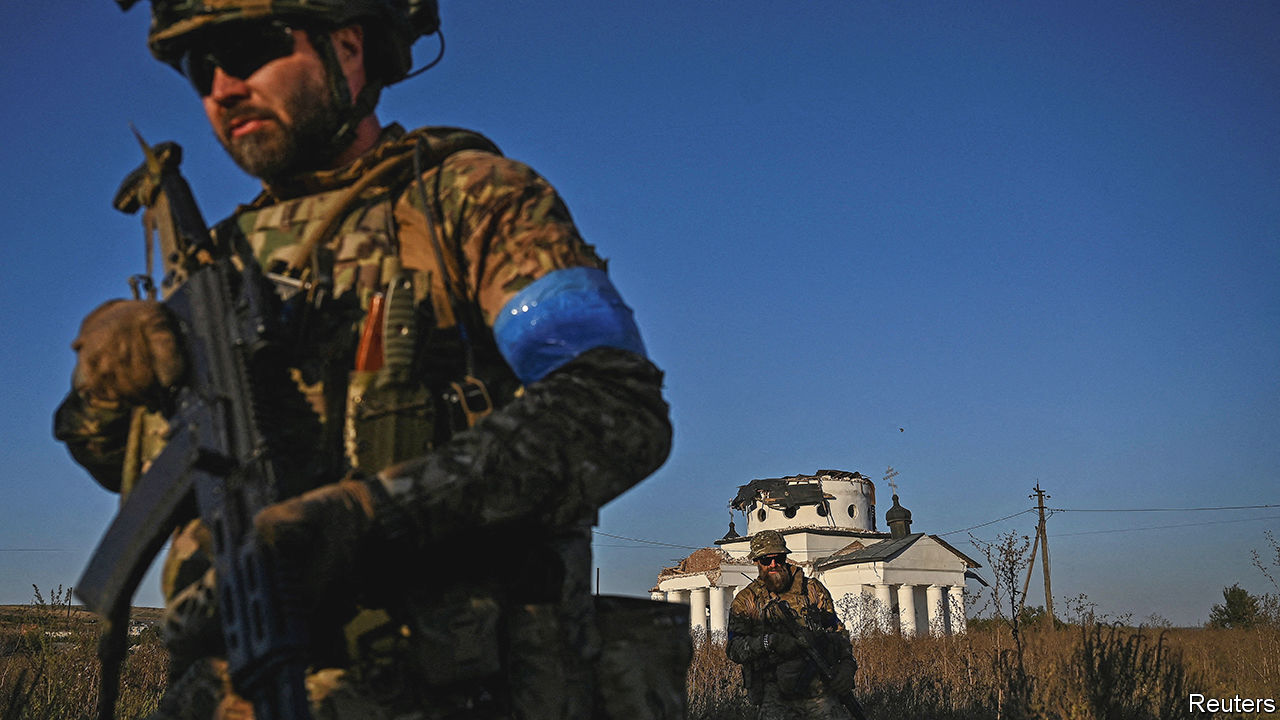Ukraine’s approach to the war with Russia has been questioned by anonymous officials in the American press, leading to a public outcry from Ukraine’s foreign minister, Dmytro Kuleba. Kuleba defended Ukraine’s counter-offensive and criticized those who questioned its slow progress on the battlefield. However, the effectiveness of Ukraine’s approach is still up for debate.
Before launching its counter-offensive in June, Ukraine worked closely with American and British officials, who provided intelligence, advice, and conducted war games to simulate different attacks. Despite this collaboration, Ukraine kept its plans secret, likely due to a leak of American intelligence documents earlier in the year. One point of contention was Ukraine’s decision to defend the town of Bakhmut, which had limited strategic significance but became a symbol of resistance. This decision allowed Russia to build up its defenses and depleted Ukraine’s stockpile of shells.
Even after the counter-offensive began, disagreements continued. American officials had advised Ukraine to concentrate its forces on the main axis of attack in the south, but Ukraine split its forces, stretching the Russians over a longer front. The most experienced brigades were kept in Bakhmut, armed with older gear, while less experienced brigades were deployed on the more important southern axis. These less experienced brigades quickly became trapped in minefields and faced heavy artillery fire from Russia.
The role of politics in military strategy has also been criticized. Well-connected brigades around Bakhmut were allegedly given a larger share of ammunition than military considerations alone would warrant. This raises questions about the effectiveness of Ukraine’s military decision-making.
In conclusion, while Ukraine’s approach to the war with Russia has faced criticism, it is unclear whether their strategy is working. The public dispute between Ukraine’s foreign minister and anonymous officials highlights the ongoing debate over the effectiveness of Ukraine’s counter-offensive. The decision to defend Bakhmut and the allocation of resources to well-connected brigades have raised concerns about the military’s decision-making process. Ultimately, the outcome of the war will determine the success or failure of Ukraine’s approach.









